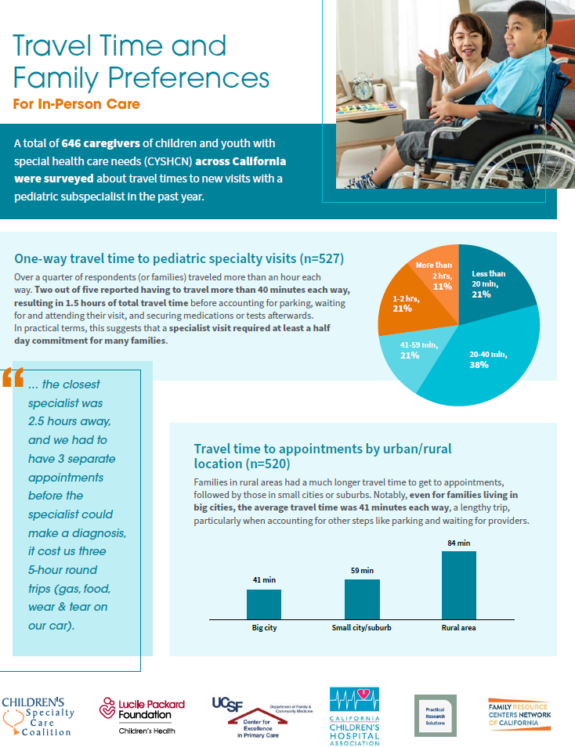Opinion: Mistaking a Toy Truck for a Gun—Why Law Enforcement Officers Need Education on Special Needs
As families and caregivers of adults and teenagers with severe autism, we are often misunderstood when out in public with our loved ones. This past summer, in North Miami, police attempted to shoot Arnaldo Rios, an adult with autism, who they thought was holding a gun. Instead, they shot and injured the man’s therapist, who was sitting next to him.
But the story didn’t end there. Following the shooting, Rios was forced to stay in a psychiatric ward for more than a month, where he had several violent outbursts. In August, he was sent to a state institution that has a history of abuse and neglect. A shortage of group homes in Florida, coupled with Rios’ untreated behavioral challenges, meant that this was his only option. Last month, the Department of Justice began reviewing the case to see if the North Miami police department violated the Americans with Disabilities Act.
As I am the mother of an adult son with autism, Rios’ story hits very close to home. My son has had severe behavioral episodes that have prompted 911 calls, too, from neighbors as well as staff working at the group homes and other living arrangements in which my son has resided. We have had both excellent and detrimental responses by law enforcement to our son. At best, police officers talked with caregivers first, approached our son slowly and calmly, and gave him time to move cooperatively on his own time. At worst, officers asked repeated questions to our already-calm son, who has limited verbal skills, causing him to become agitated when he couldn’t understand their accusatory questions. On one occasion, officers misread his move to leave the room to avoid their incomprehensible questions and handcuffed him, taking him away in an agitated state even though he was calm before the encounter. In another instance, police arrived and wanted to use tasers to get him to leave the house before first attempting to have him leave calmly (which he eventually did).
Law enforcement officers and first responders need to protect the entire population, including individuals with autism and other developmental disabilities. Although these individuals may display behaviors that are different from the general population, especially when under stress, all are citizens with the same right to fair treatment by responders. To fully serve the general population, our law enforcement officers must be trained to recognize and respond appropriately to individuals who have low cognition, cannot communicate well, and may misunderstand attempts to assist them. Responses should focus on helping these individuals de-escalate as safely and calmly as possible. Only then can adults clutching toy trucks and young men with limited verbal skills truly be safe in our community.
Irene Litherland is on the board of the Autism Society of the San Francisco Bay Area. She is also on the Local Advisory Committee on Self-Determination in the East Bay and on the Board of Directors of the Alameda County Developmental Disabilities Planning and Advisory Council. She works as a nonprofit accountant and financial management consultant.

